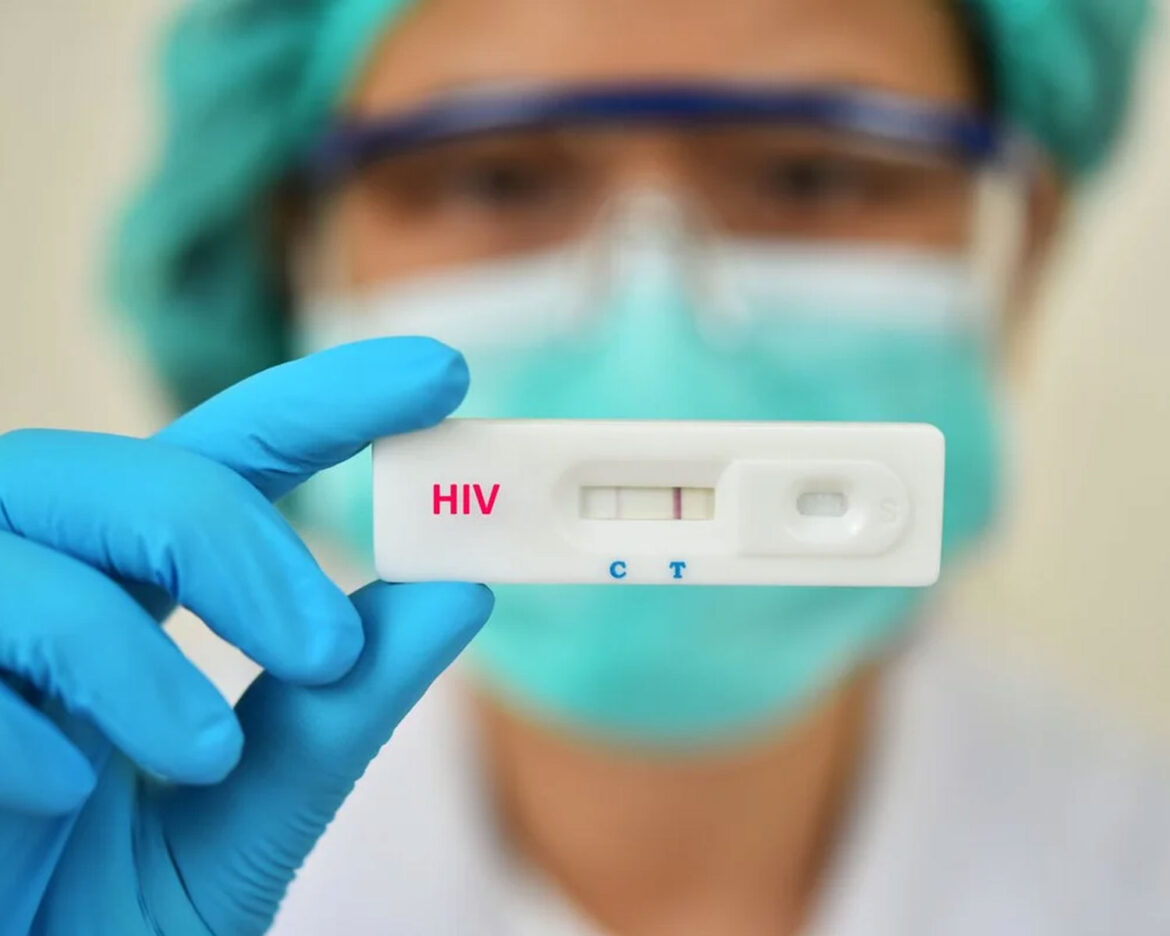Pakistan is witnessing the second fastest rate of HIV increase in the Asia-Pacific region, primarily due to the virus spreading from key populations to the general population through sexual networks, according to recent data. The Global Fund (GF) has designated Pakistan as a sub-recipient of its $72 million HIV aid package, with the funds now managed by the United Nations Development Programme (UNDP) and private sector organizations instead of the federal government.
Dr. Ayesha Isani Majeed, Head of the Radiology Department at the Pakistan Institute of Medical Sciences (PIMS), revealed the alarming trend in HIV prevalence. “The HIV prevalence among the general population in Pakistan is estimated to be less than 0.1%, with around 165,000 people living with HIV,” she shared, citing The Lancet. However, the epidemic remains concentrated within marginalized key populations, such as people who inject drugs (PWID), male and female sex workers, transgender individuals, and men who have sex with men (MSM).
The prevalence is particularly concerning in prisons, where unprotected sex, substance abuse, and needle-sharing contribute to a higher rate of HIV transmission compared to the general population. Despite these factors, prison populations were often excluded from previous surveillance efforts. A recent initiative by the National AIDS Control Program (NACP) aimed to address this gap, conducting a significant HIV screening camp at Adiala Jail in Rawalpindi. Of the 4,347 inmates tested, 87 were found to be HIV positive, marking a 2% positivity rate.
Pakistan’s status as a primary recipient of GF aid was revoked in 2021, raising concerns about the efficiency of the fund’s use. “A substantial portion of these funds may go toward management costs, with little left for direct support to those affected by HIV,” Dr. Isani explained, also questioning the UNDP’s ability to handle outbreaks in remote areas like Ratodero, Sindh. However, health ministry officials remain confident in the UNDP’s transparency, aiming for Pakistan to regain its primary recipient status to improve control over the country’s growing HIV cases.
The country’s current response remains inadequate. A Health Science study published in 2023 found that only 61% of registered HIV cases in Pakistan are receiving antiretroviral therapy (ART). Furthermore, public understanding of HIV transmission remains low, with a mere 17% of survey respondents correctly answering basic questions about HIV transmission and prevention.
To curb the rapid spread of the virus, Dr. Isani emphasized the need for improved services at ART centres, increased outreach efforts, and a reduction in stigma against people living with HIV (PLHIV). She urged both national and provincial AIDS control programs to intensify their efforts in reaching vulnerable populations while enhancing public education on HIV prevention and treatment.
The growing epidemic, if left unchecked, could push HIV into a national endemic, joining hepatitis and tuberculosis as significant public health challenges.



